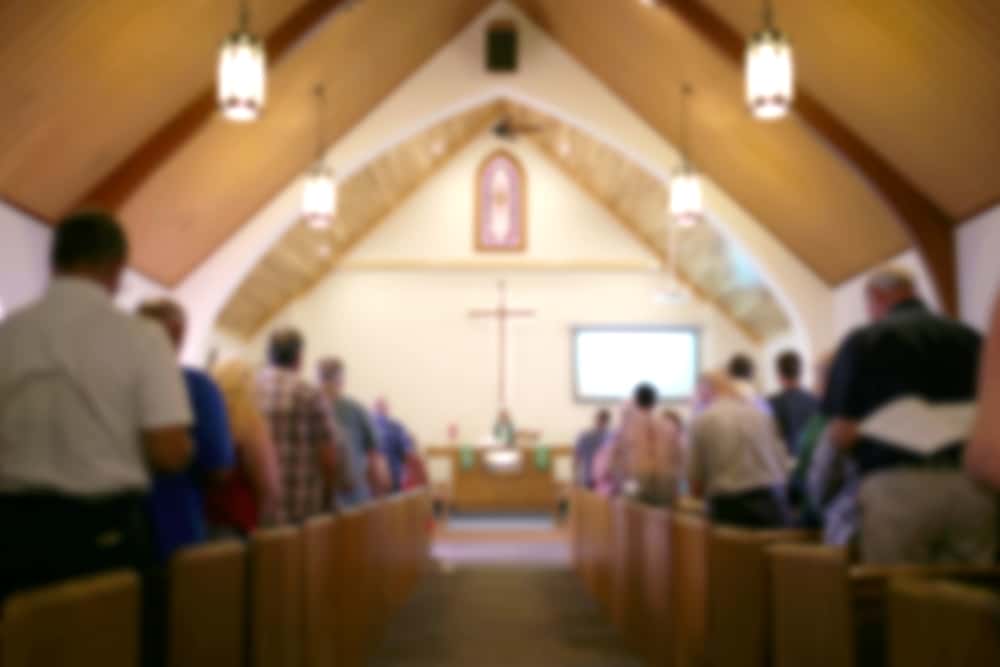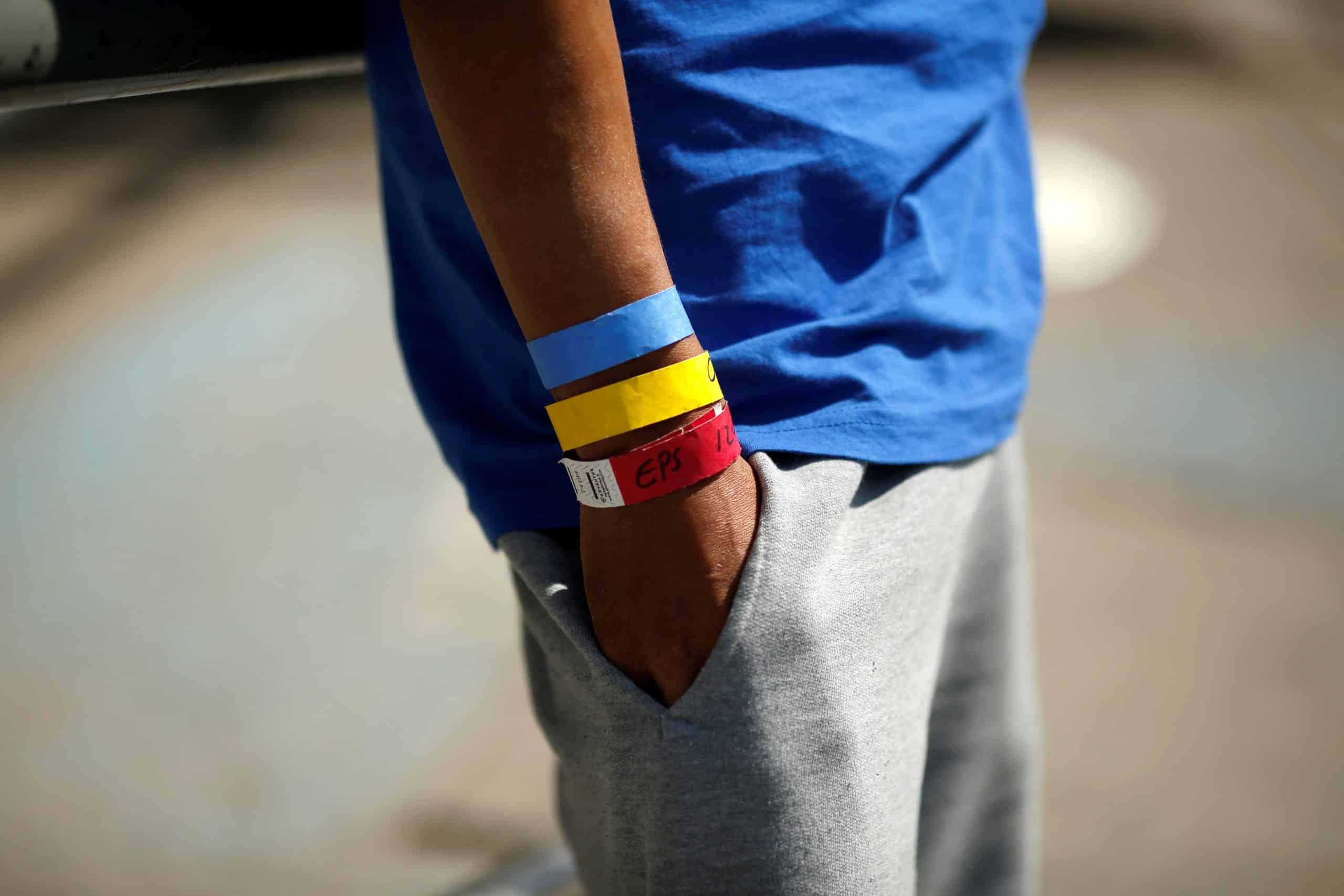“From the Chapel” is a series of short, daily reflections on life and faith in a time of uncertainty. As people across the world cope with the effects of the coronavirus — including the social isolation necessary to combat its spread — these reflections remind us of the hope that lies at the heart of the Gospel.
On Thursday, we passed the midpoint of Lent 2020. The Sunday after the midpoint — today — has long been known as Laetare Sunday, after the first word (in Latin) of the entrance antiphon of Mass for the Fourth Sunday of Lent: “Rejoice, Jerusalem, and all who love her. / Be joyful, all who were in mourning; / exult and be satisfied at her consoling breast.”
Across the United States, and indeed around the world, the rose-colored vestments that we also see on Gaudete Sunday, the Third Sunday of Advent, made their appearance on video rather than in person. What may have been less obvious, depending on the camera angles of the livestreamed (or pre-recorded) Mass that you watched, is that any veils on the tabernacle were rose as well.
Rose, as OSV’s chaplain, Msgr. Campion, never fails to point out, is not pink. Pink is red softened by white; rose is purple illuminated by gold. Purple is the color of repentance, and a color of mourning; gold is a symbol of Christ and the glorious life that awaits the faithful in heaven. Rose is formed when the light of Christ shines through our mourning and illuminates our repentance. It gives us hope along the way.
For most of us, though not for all, this Sunday was our first in exile from our parishes, as the public celebration of Mass has been suspended in many dioceses in an attempt to slow the spread of COVID-19. The celebration of Mass, however, continued, whether we watched it via video or not — and that is what matters.
Like the Eucharist itself, the Mass is a foretaste and promise of the world to come — a world from which we are in exile. When the faithful assist at Mass — the technical term for our attendance at the liturgy, and not just for those who serve or act in some other liturgical role — we catch a glimpse of that world shining in to our own, just as the gold shines through the purple and makes it rose.
That’s why our exile from the Mass is so painful. But there can be power in that pain.
Traditionally, Catholics made a Morning Offering, a prayer offering all of our prayers, works, joys and suffering each day to Jesus, through Mary, “in union with the Holy Sacrifice of the Mass throughout the world.” It didn’t matter that most Catholics who recited the Morning Offering didn’t attend daily Mass. The Mass itself was being celebrated around the world by priests on behalf of all the faithful, not just their parishioners, and by praying the Morning Offering, every Catholic was part of that sacrifice.
By uniting ourselves to the “Holy Sacrifice of the Mass throughout the world” in this time of trial, we allow Christ to turn our exile into something beautiful — our mourning into joy, our repentance into forgiveness, our purple into rose.
Scott P. Richert is publisher for OSV.





